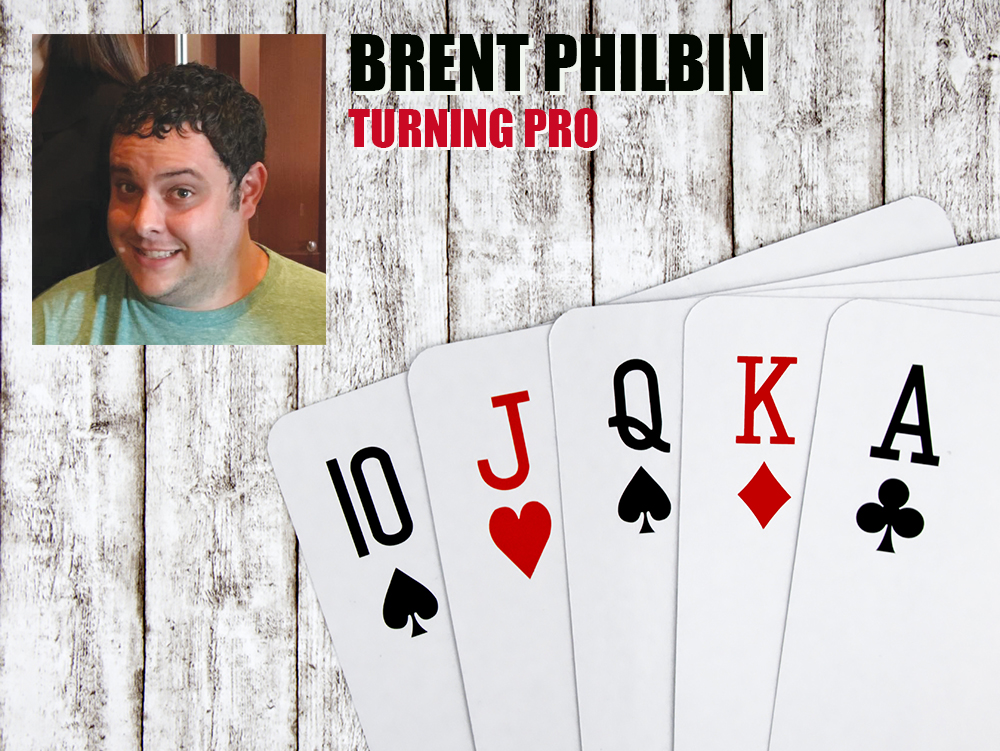Last issue, we talked about figuring out if we’re winning players or if we might need some more time at our 9-5 job. So how do we treat poker play like a business? We need a plan. Here’s a quick list of things we’ll need to address.
PAY YOURSELF AN HOURLY RATE: This is one of the most important things that can be done to incentivize hours played and keep us from going up in stakes too quickly. It’s important to pay yourself a living wage while letting the bankroll continue to grow.
At $2-$5 NLHE, paying yourself an hourly rate of $15 per hour will allow for aggressive bankroll growth, while $20 per hour will give a better standard of living with slower bankroll growth.
Don’t make this number more than 50 percent of your expected win rate. If your bankroll isn’t increasing with this pay, you might need to move down in stakes.
SET ASIDE FUNDS FOR TAKING SHOTS: Decide on an amount to set aside per hour played that can be used for “taking shots.” The number should be around 10-20 percent of your expected hourly rate.
Taking shots will be anything we can’t expect a consistent return from month after month. This includes tournaments, higher-than-normal stakes games or being a degenerate at your local craps table.
At the conclusion of each take-a-shot session, if you book a win, it’s important not to overinflate your bankroll. A good rule of thumb would be 40 percent of winnings return to the take-a-shot fund, 20 percent to the bankroll and 40 percent as a bonus to yourself. This also should apply to jackpots and high hands won.
CREATE A SCHEDULE WITH TIME OFF: This is important for a couple of reasons. A schedule will make this feel more like a job than fun and time off will keep you sane.
Your schedule should always be subject to change based on good games and promotions, but should be reasonably consistent week to week. Try to set weekly hourly goals and stick to them.
SAVE ALL RECEIPTS: Save any and all receipts. Scan them into Evernote (you can use an app on your smartphone to do this on the spot). Taxes will be a nightmare, but you want to make sure your accountant can find any and all write-offs you deserve.
The more you can think about your new poker career as your business, the more likely you’ll be to not be emotionally attached to results and stay in a great mind-set.
— Brent Philbin is a poker pro who lives in South Florida. You can reach him at Brent.Philbin@gmail.com.



